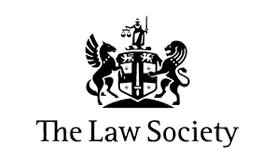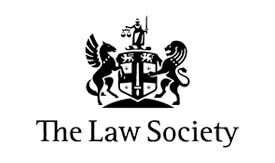Causes for penalty
HM Revenue and Customs (HMRC) may serve a penalty for a number of different reasons, namely:
- An inaccurate return
- Sending in your tax return late
- Paying tax late
- Failing to keep adequate records
Luckily these can be appealed if you are able to provide a reasonable excuse.
Reasonable excuse
While your case will be considered on an individual basis by the HMRC, as short list of what can be considered as a reasonable excuse might be helpful in getting an image of what kind of excuses apply:
- Your partner or relative died shortly before the deadline of submission
- You had an unexpected hospital stay which got in the way of your obligations
- You suffered from a serious illness
- the software you use to complete your returns failed just before the deadline, despite you taking reasonable care to maintain it
- HMRC has experienced technical problems that did not let you submit the return
- Fire, flood or theft getting in the way of you completing your submission
- Your delay was in relation to a disability
These excuses are not mutually exclusive, so a combination of them would more than likely warrant a reasonable excuse. It should also be noted that even with any of these occurring before the deadline there should still be an effort made in completing your tax return as soon as possible post-deadline once the issue is resolved.
Completing an appeal
If HMRC notifies you of the penalty by post, you can appeal it by completing the appeal form that comes with it, or following the instructions for appeal that should be found on the letter. Other ways can be used with extra documents if you appeal a self-assessment penalty, PAYE, VAT or Corporation Tax.
A self-assessment penalty appeal
If the penalty is due to a failure to send a tax return, then you can cancel the appeal by informing HMRC online that it was not sent out because you did not need to do so, provided that is your reasonable excuse or calling a helpline.
Otherwise, you will need to appeal by knowing:
- The date that the penalty was issued
- The date you filled your self-assessment return
- The details of your reasonable excuse for late filling
If you’re appealing a £100 late filing penalty from tax year 2015 to 2016 onwards, you can appeal online or by post, by setting up or using your government gateway account. For other penalties, you need to appeal by post. Send a completed form SA370 or a letter explaining your appeal to HMRC. If you’re appealing a penalty to a partnership for a late tax return, appeal by post using form SA371. It should also be noted that only the nominated partner can appeal.
Appealing a PAYE penalty as an employer
An appeal can be made online if you’re registered for HMRC’s PAYE for employer’s service.
If you filed a late VAT or Corporation Tax return
An appeal can be made by completing and sending out these two documents:
- VAT return if you have a reasonable excuse
- Corporation tax if you filed late due to computer problems
If you do not have an appeal form
A letter can be sent out to the HMRC instead which must contain:
- Your name
- Your reference number, for example your Self-Assessment Unique Taxpayer Reference (UTR) or VAT registration number
- A full explanation of why your return or payment was late, including dates
It should also be noted that if you could not file or pay due to computer problems, you should include the date you tried to file or pay online with details of any system error message.
Deadline
You will typically have 30 days from the day that your penalty was issued to make an appeal. If you appeal late then you will need to explain the reason for the delay to the HMRC for them to consider your appeal. If you were affected by coronavirus and your penalty was issued before 1 October 2021, then HMRC will allow an additional three months for you to send an appeal.
Further Appeal
If the appeal is rejected then you can ask HMRC to review the decision, which will be made by a different official. If this fails as well then, a further appeal to the First-Tier Tribunal (Tax) can also be made.













